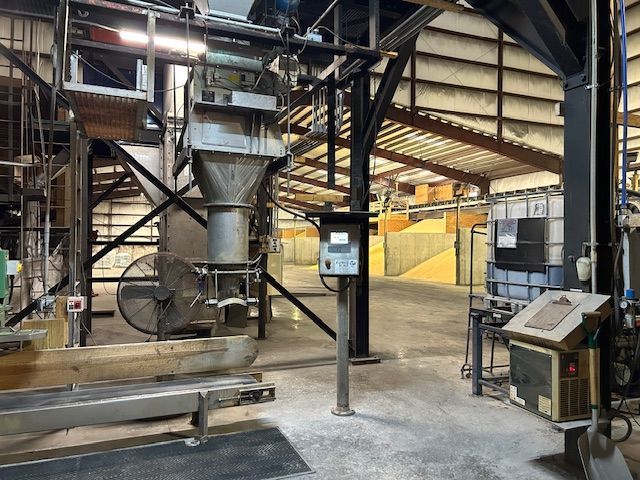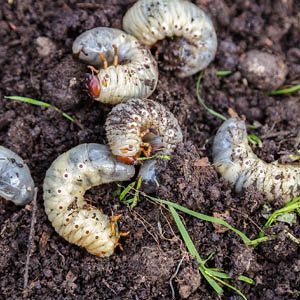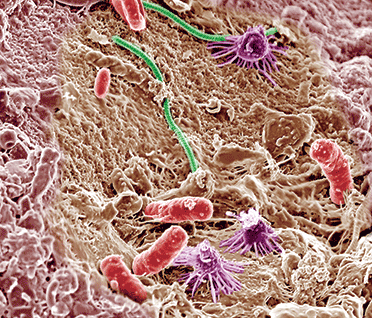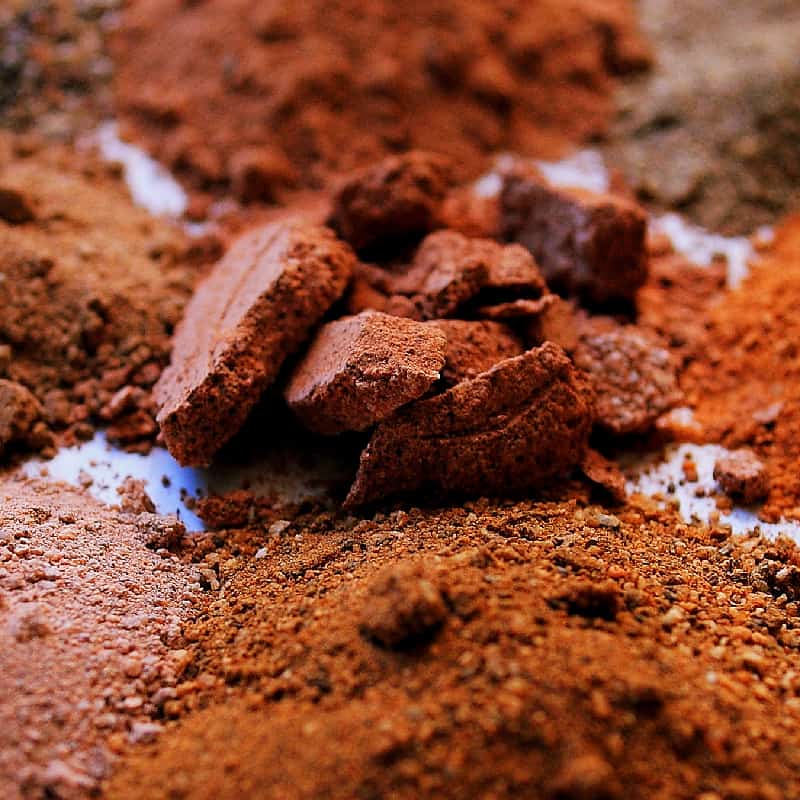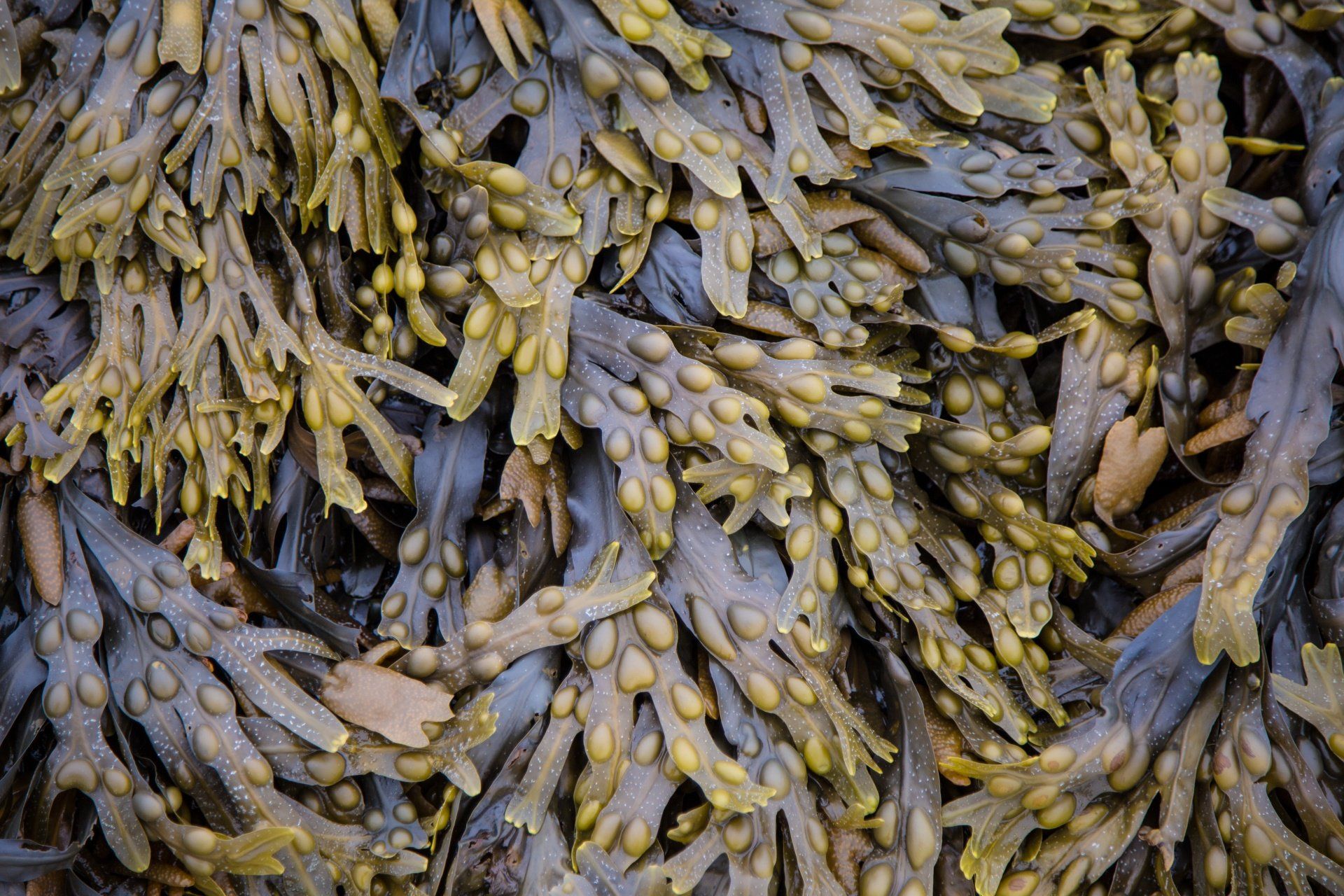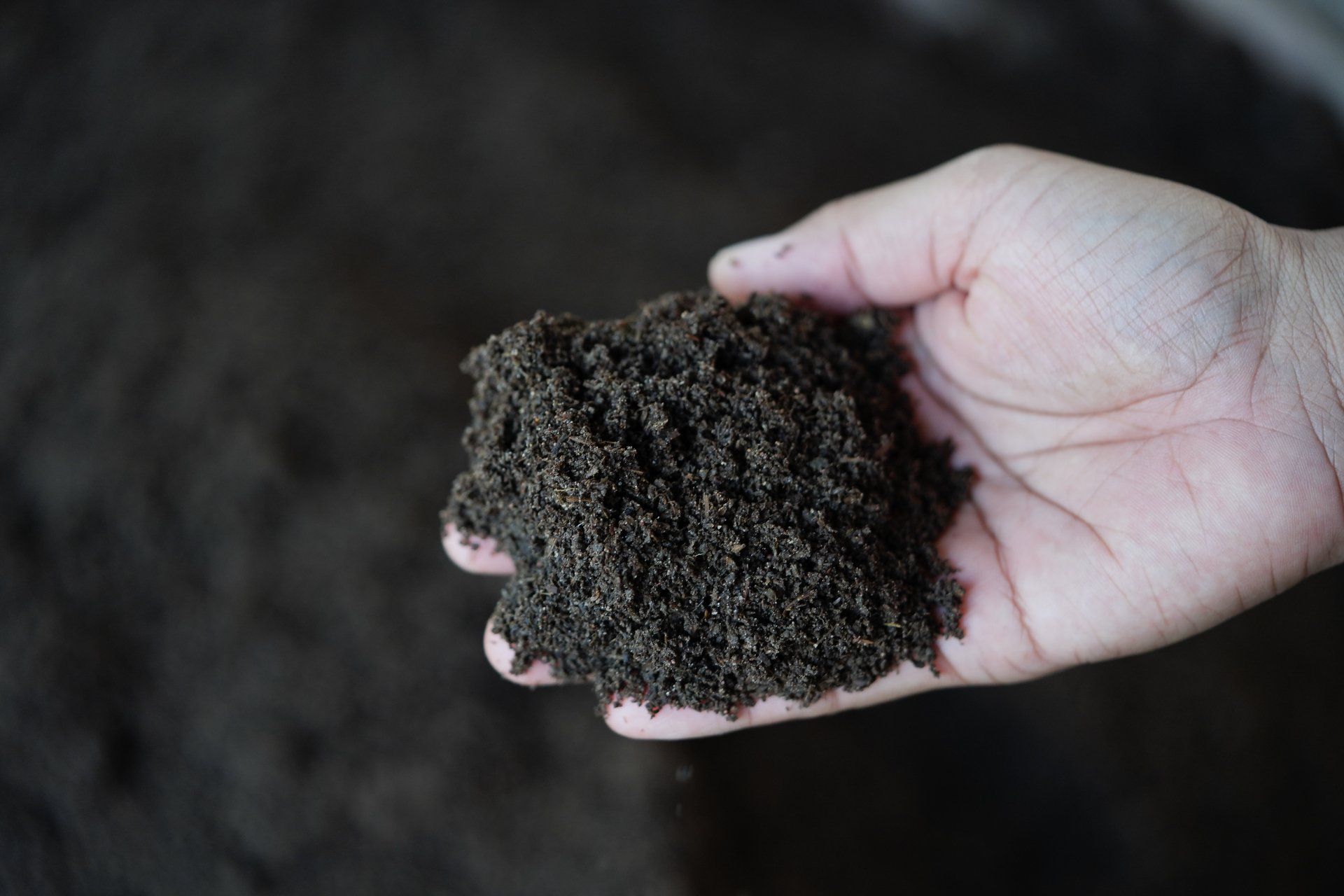WHAT ARE BIOLOGICALS?
Biologicals are products that contain components from living or once living organisms. Biologicals offer many significant benefits to turf and soil health and can be applied to plants, flowers, vegetables, and trees. Some of these positive benefits include improved root growth, stress tolerance, increased microbial activity, improved nutrient availability and soil water holding capacity. With a variety of biological products available it can be overwhelming to know which one to choose. To assist, we have categorized them into several groups so you can better understand their differences and unique roles they play in promoting turf and soil health. Most of these products can be applied alone or can be be blended/coated on fertilizer.
BIOLOGICAL CATEGORIES
Listed below are the major categories of biologicals and their key benefits to turf and soil health.
1. Beneficial Microbes
Organisms found in soil where food sources are plentiful.
Beneficial microbes used in biologicals are:
- Bacteria
- Fungi (mycorrhizae)
Benefits:
Bacteria
- Fix nitrogen gas from the air into usable forms for plants
- Convert urea into inorganic nitrogen for plant use
- Share metabolites with plants
Fungi (Mycorrhizae)
- Act as an extension of plant root systems
- Defend plants against pathogenic bacteria
2. Plant Growth Regulators (PGRs)
Chemical substances that are used to regulate the growth of plants.
Benefits:
PGR's regulate the rate of various plant processes including growth, homeostasis, reproduction, pathogen defense, and abiotic stress tolerance.
3. Humic Substances
occur naturally in soils as a result of the breakdown of organic matter. Humic substances in biologicals are:
- Fulvic Acid
- Humic Acid
- Humins
Benefits (Humic):
- Stimulate root growth
- Chelate and complex macro and micronutrients
- Increase the soil’s Cation Exchange Capacity (C.E.C.)
- Reduce soil compaction
- Retain moisture in soils
- Enhance the soil quality for beneficial microbes
4. Kelp (Seaweed) Extracts
Marine-based species of plants and algae.
Benefits:
Kelp helps plants adapt their physiology to abiotic stressors such as heat, cold, drought, and salt.
5. Metabolites
Microbial metabolites are a byproduct of beneficial soil bacteria (microbes), which are a natural, rich source of protein hydrolysates, organic acids, volatile organic compounds (VOCs) and fulvic acids. There are two types of metabolites, primary and secondary. Both of which are highly beneficial to plant and soil health.
Benefits:
- Providing organic compounds essential for plant growth and development
- Driving the plants biochemistry including respiration, cell division, energy production and reproduction
- Helping plants cope with many biotic and abiotic stresses
- Improving plants survivability by boosting disease resistance and discouraging herbivory (insect damage)
6. Enzymes
Protein molecules in cells.
Benefits:
Accelerate metabolic and catabolic reactions associated with the plant’s metabolism.
For biologicals or fertilizers enhanced with biologicals including humic and AMP-XC™ products available, please visit TurfCare’s online Product Catalog.
For green industry professionals or others interested in ordering Turfcare products, please contact our Customer Service to find a distributor near you.
References:
https://ag.umass.edu/greenhouse-floriculture/fact-sheets/what-are-biostimulants
https://www.ncbi.nlm.nih.gov/pmc/articles/PMC5266735/
https://www.extension.iastate.edu/turfgrass/blog/biostimulant-use-turf-industry
https://www.lawn-care-academy.com/organic-biostimulants.html
https://blog-crop-news.extension.umn.edu/2018/12/biostimulants-what-are-they-and-do-they.html
http://livingturf.com.au/wp-content/uploads/2014/02/Prof-Schmidt-on-Biostimulants.pdf
https://www.ausgap.com.au/benefits-of-organic-biostimulants-for-turf/
https://www.lebturfblog.com/biostimulants-in-the-turf-world/
https://www.gcmonline.com/course/environment/news/nachurs-turf-ornamental-turfgrass-stress
Photos:
Turf Care Supply - TurfReport Blog
